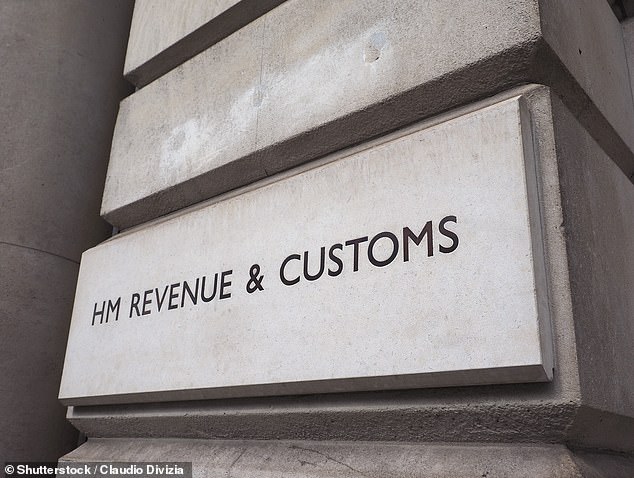I earn £110,000 a year and have had to do a tax return since my salary went over the £100,000 level.
if they earn more than £150,000.
I haven't had a letter from HMRC saying that I have to do a tax return this year and all my earnings are PAYE. Can I avoid doing one – or do I risk getting fined?

If you don't earn any income outside of your salary, it might seem strange that you'd also have to file a tax return.
Previously, people who earned over £100,000 a year from PAYE had to submit a self-assessment tax return.
It is because once you earn over £100,000, you start to lose your personal tax-free allowance of £12,570. The personal allowance goes down by £1 for every £2 that you earn above £100,000, so your allowance is zero if your income is £125,140 or above.
The tax return helped to ensure your tax was correctly calculated.
In April 2023, the threshold for needing to complete a tax return increased meaning that only those who earned £150,000 and over from PAYE had to complete one.
Those whose income is solely from PAYE and is below £150,000, like you, you no longer need to file a self-assessment tax return.
Confusingly, you'll still lose your eligibility to the personal allowance once you start earning over £100,000, but you won't have to file a tax return.
Now that your PAYE income falls under this threshold you do not have to file one based on your salary, and you have not received anything from HMRC to say you must do so.
However, there are some other circumstances which might mean you should complete a self-assessment. You may also wish to file one as a precaution.
We asked two tax experts about who needs to file a tax return, and when someone might risk a fine.
For those earning £110,000 annually through PAYE, the new rules are great news. Under the old rules, you would have been required to file a tax return because your income exceeded £100,000.
With the new threshold, you are no longer obligated to do so, provided your income remains below £150,000 and there are no other complicating factors such as additional sources of income or significant tax-deductible expenses.
When you need to file a tax return
You say that all of your income is in PAYE so you won't need to worry about a tax return this year.
For those who earn less than £150,000 but earn income from investments or rental income then you will still need to file a tax return.
You must file a tax return if, in the last tax year, any of the following applied:
You may also need to send a tax return if you have any untaxed income, such as:
Do you risk incurring a fine?
After your 2022/23 tax return, if the only income which you declared was PAYE, then you should have received an exit letter from HMRC informing you that you no longer have to complete a return.
If you have not received this letter from them, I highly recommend you contact them to confirm otherwise you could risk being fined for not filing a return.
Or there could be other reasons which you need to complete a return outside of PAYE, for example paying the High Income Child Benefit Charge.
It's important to remember that while HMRC may not always send reminders, it remains your responsibility to ensure compliance with tax regulations.
Failing to submit a required tax return can result in penalties, which can increase the longer the return is overdue. Therefore, staying informed about changes in tax laws and understanding your obligations is crucial.
Even if you don't need to file a self-assessment tax return, the process can still be beneficial.
It allows you to review your tax affairs comprehensively, ensuring that all your income and allowances are correctly reported.
This can help you avoid any unexpected tax bills in the future and ensure that you are taking advantage of any available tax reliefs.
Customers who earn up to £150,000 and pay tax through PAYE will not need to complete a tax return for the 2023 to 2024 tax year unless they have other sources of untaxed income.
If a customer has received a notice to file and they believe that they no longer need to submit a tax return due to the change in this criterion, they must notify HMRC to get the notice withdrawn.
A return must be filed unless HMRC has withdrawn the notice.
I would err on the side of caution and get in touch with HMRC to confirm that you no longer need to pay a tax return.
While it is very unlikely you'll have to file a tax return, HMRC can give you that peace of mind and give you advice based on your circumstances.


Post a Comment
0Comments